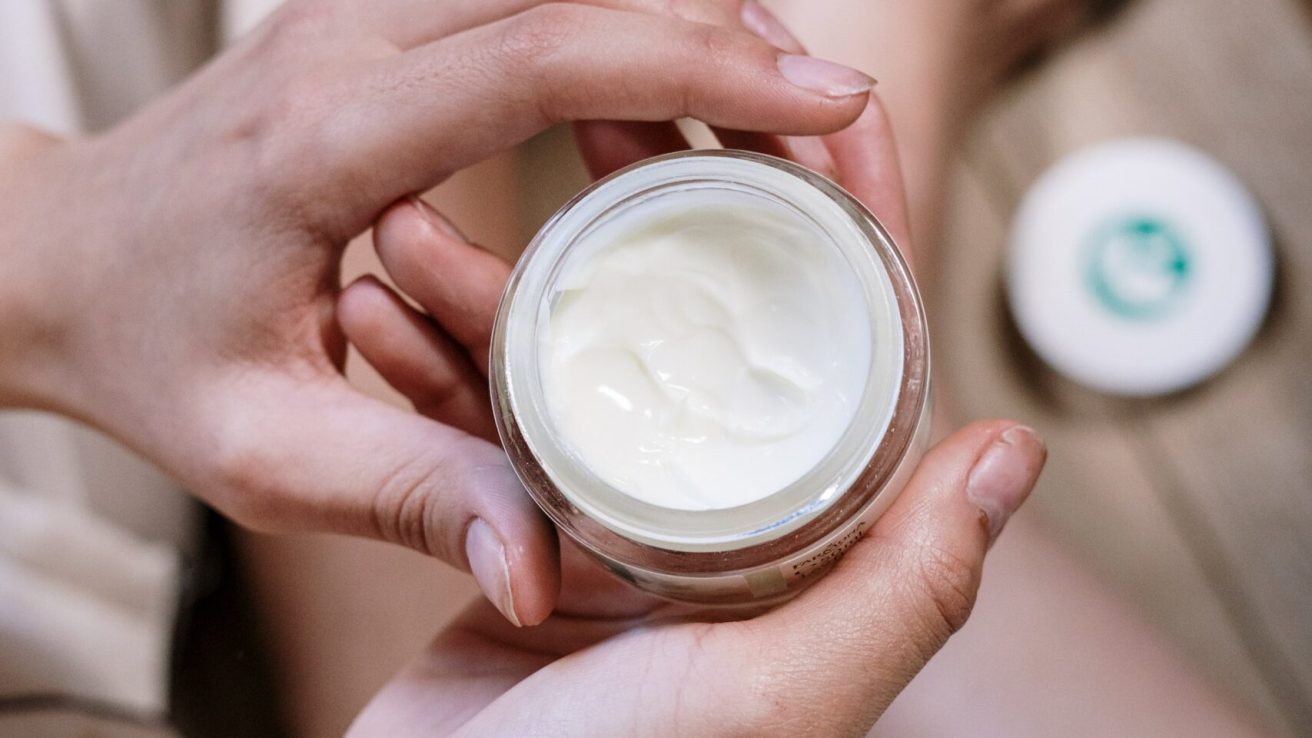Discover how to optimize your skincare routine for atopic dermatitis with these expert daily skin care recommendations on cleansing, moisturizing, and photoprotection to improve your skin’s health.
- Implement a holistic skincare routine that includes treatment, cleansing, moisturizing, and photoprotection.
- Use a dermatologist-guided skincare routine to significantly improve skin care results.
- Opt for non-soap cleansers with a neutral to acidic pH and hydrating properties for atopic dermatitis.
- Understand skin care products and be aware of marketing claims versus scientifically-backed benefits.
- Communicate frequently with your dermatologist.
Dealing with atopic dermatitis can often feel like a daunting task. Beyond getting regular medical treatments, what else should you consider for optimal skin health? Recent expert consensus from the Journal of Cosmetic Dermatology reveals that a comprehensive skincare routine, encompassing treatment, cleansing, moisturizing, and photoprotection, plays a pivotal role in managing this skin condition. Moreover, with overwhelming skin care product choices and claims, it can be helpful to rely on the guidance of your dermatologist for educational tips and strategies for what will work best for your skin.
Cleansing: The First Step to Skin Care
Cleansing is a vital component of a holistic skincare routine. It prepares your skin for subsequent treatment and moisturizing steps. Dermatologists recommend using non-soap cleansers with neutral to acidic pH for atopic dermatitis. These cleansers help maintain your skin’s natural pH, prevent excessive dryness, and provide a gentle cleansing action without stripping off essential skin lipids. Your cleansing frequency may vary depending on climate conditions, but excessive cleansing can lead to skin dryness and irritation, which may negatively impact your treatment results.
Moisturizing and Photoprotection: Seal the Deal
Moisturizing is another cornerstone in managing atopic dermatitis. It helps to replenish the skin’s natural moisture barrier, alleviating dryness and irritation. Look for products that leave a film of moisturizer on the skin’s surface, helping to lock in moisture and protect your skin.
Photoprotection, or sun protection, is often overlooked but essential in your skincare routine. Regular application of sunscreen prevents further skin damage and reduces inflammation. It’s best to choose a sunscreen product that suits your skin type and lifestyle.
Skincare Product Selection
It’s helpful to learn as much as you can about your skin care products and be able to differentiate between marketing claims and scientifically-backed benefits. Terms like “hypoallergenic”, “non-irritating”, and “non-comedogenic” are often used as marketing tools with minimal regulatory oversight. Always check for key ingredients and supporting scientific evidence before choosing your skin care products.
For instance, “alcohol-free” might be confusing as it refers to the absence of drying alcohols like ethyl alcohol, but the product might still contain beneficial “fatty alcohols” like cetyl or stearyl alcohol. Talk to your dermatologist to help you navigate these nuances and select the right products.
Atopic Dermatitis Skin Care: Developing a Partnership With Your Dermatologist
Managing atopic dermatitis goes beyond treatment. A comprehensive skincare routine, guided by a dermatologist and tailored to your skin’s unique needs, can significantly enhance your skin’s health and your quality of life.
Source:
Goh, C., Wu, Y., Welsh, B., Abad-Casintahan, M. F., Tseng, C., Sharad, J., Jung, S., Rojanamatin, J., Sitohang, I. B. S., & Chan, H. N. K. (2022). Expert consensus on holistic skin care routine: Focus on acne, rosacea, atopic dermatitis, and sensitive skin syndrome. Journal of Cosmetic Dermatology, 22(1), 45–54. https://doi.org/10.1111/jocd.15519









